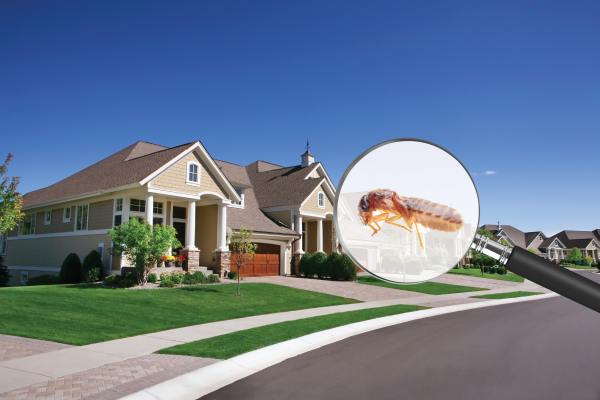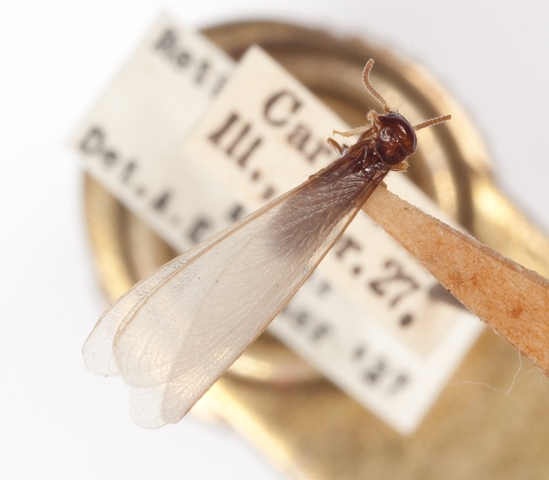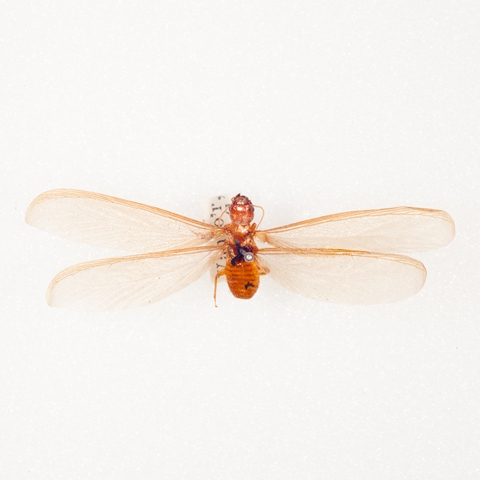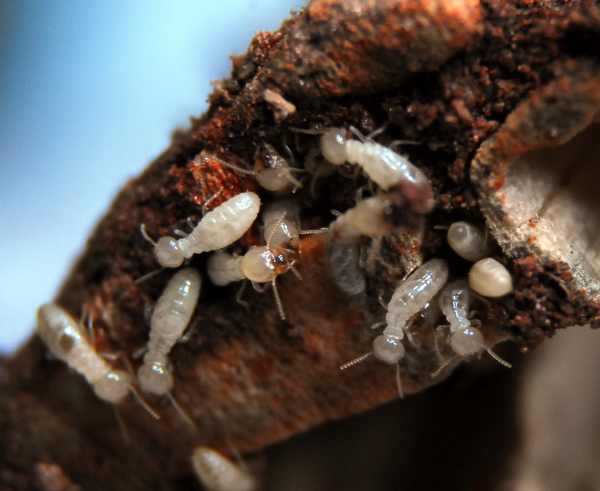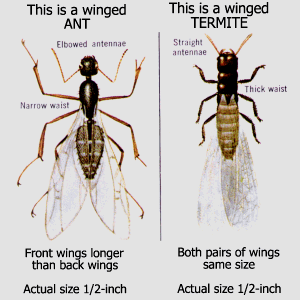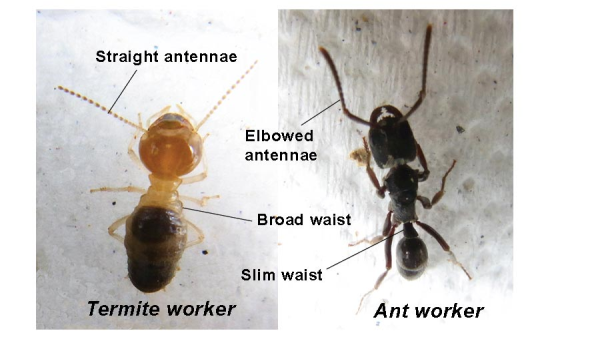Flying Termites
If it’s springtime, the termites will be swarming. Termites in Indiana are already swarming and we’re not quite out of these colder temps for good yet. Most homeowners have heard of termites being a threat to homes across the county, but besides the required inspection at the time that you purchase your new home, do you really think about termites ever again?
It won’t happen to me!
A termite infestation is one of those things that you never suspect will happen to you. Guess what? You’re at just as much of a risk as your neighbor. Here are some stats. The National Pest Management Association’s recent survey says 38 percent of U.S. adults worry about discovering termites in their home, 33 percent have or know someone who has experienced termite damage and that despite these concerns, more than half (52 percent) of Americans have never had their homes inspected.
Be Proactive
The housing market is starting to come back around. There are tons of homes that have been foreclosed and sitting vacant for months or maybe even years. An unoccupied home is every pest’s open invitation to take over. This is even more reason to scrutinize before you sign your life away on a loan that could come with a lot more grief than you ever expected.
Things to keep in mind:
- Home inspectors are NOT trained to look for pest damage. Don’t rely solely on their report to determine if your new home is pest-free.
- Get a WDO (wood destroying organism) inspection by a certified pest management specialist. These are typically under $100. Saving a few dollars at the time of closing on your new home is not worth the thousands a termite infestation could cost you.
- If there are any moisture problems present in or around the house, this could cause problems down the line. Most insects and other pests need water to thrive. Any drainage issues, leaks, or terrain retention problems will attract pests at some point if they’re not fixed.
- Termite and other pest infestations are typically NOT covered under homeowner’s insurance policies.
What does a termite look like?
This is a termite swarmer. These winged insects leave their underground colony to search for additional locations ideal for colony expansion. They seek food and water sources and conditions that are attractive, such as rotting wood structures.
Termites have two sets of wings that are equal in size. Ants also swarm during certain times in the year, so be careful not to confuse a swarming ant with a swarming termite. More on that below.
These are worker termites. Termites typically live in tunnels underground. This is what the non-swarming termite looks like. At first glance, if you discover these while working on your yard, you’ll think they’re grubs or maggots. You might want to look closer.
Termites vs Ants
As I mentioned above, ants grow wings and swarm during certain seasons as well. It’s important not to confuse the two. If you’re not sure which winged insect is on your property, you could always bring an intact specimen to one of our branches and have us properly identify it for you for free. It’s better to be safe than sorry!!
Here are some differences between termites vs ants.
- Wings. Both termites and ants have two sets of wings. Termites’ wings are equal in length. Ants have longer wings in front and shorter wings in back.
- Bodies. Termites have two body segments-a head and an abdomen. Ants have three body segments, separated by a spiky thing called a node. (If there’s no way you’re getting that close to these bugs to figure out if you have an ant or termite, just bring it to us. We’ll tell you right away and there’s no charge!)
- Wood. Termites eat wood. Ants do not. Certain ants, like the carpenter ant is a wood destroying insect, but it chews through wood and doesn’t actually eat the wood. If you see a pile of sawdust and what looks like ants coming out of a crevice, that’s not one of the signs of termites.
Termite Control Services Indiana
You’ve got some options if you’re looking for termite control services Indiana. There’s your conventional liquid treatment, which some people still prefer over other options. This method utilizes a product guaranteed to last for about ten years in protecting the structure of your home, killing off the current colony. Typically, digging a trench around the perimeter of your home and treating the soil with this product is what you should expect. If that sounds too intrusive for what you’re willing to do to your property, there’s green termite control Indiana.
Sentricon Always Active
Sentricon begins protecting your home the moment it is put into place. And, with proper servicing by a Certified Sentricon Specialist, it retains its effectiveness 100 percent of the time. It not only eliminates termites that are present but also eliminates colonies that attempt to attack later. This around-the-clock protection has been proven for nearly two decades in all areas of the United States and against all species of subterranean termites that attack and damage homes.
http://info.franklinpestsolutions.com/Default.aspx?app=bizblogger&tabid=1113444&subctrl=post&bid=250720&mid=2415846
Sentricon defeats termites at their own game. They feed readily on it but never detect the threat — not even while the patented active ingredient is taking away their ability to eat, survive or breed. They never catch on. The result is death to the queen and her colony.
Don’t wait to discover an infestation of termites eating your house.
Protect. Prevent. Ask us about the GREEN solution for termite control, SENTRICON, today!
{{cta(‘180ad822-9f02-4b24-bbe3-11515e1b359a’)}}

